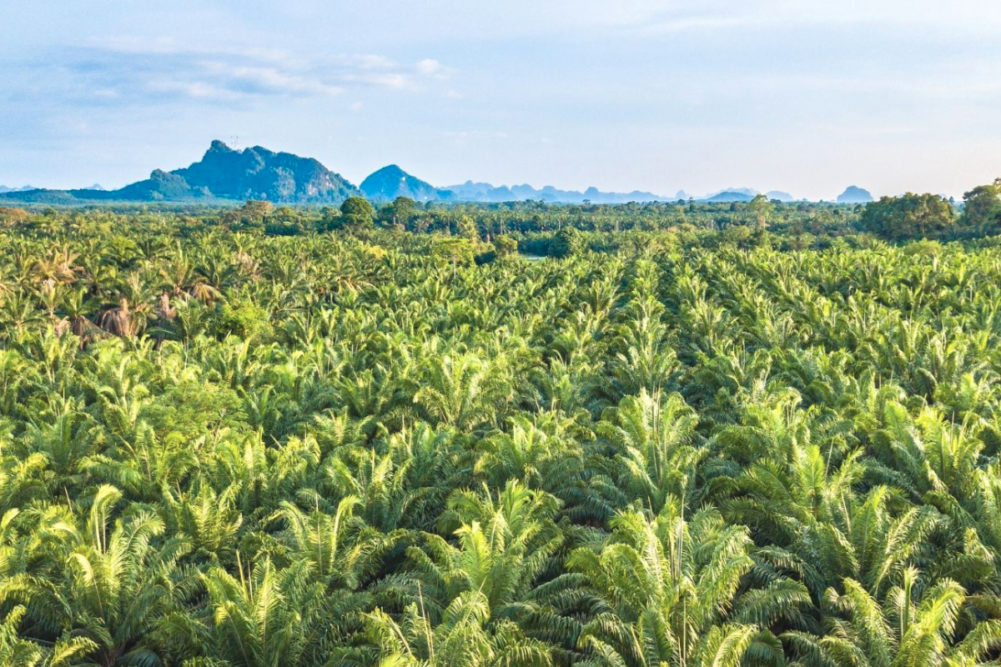LONDON — Vilifying one fat or oil could be a losing strategy in solving various sustainability issues around the globe, according to a report published July 7 by the Edible Fats and Oils Collaboration, a multi-stakeholder initiative. To create sustainable supply chains, food businesses instead should view fats and oils, including palm oil, soybean oil and dairy butter, as part of a holistic system.
The report analyzed the major vegetable oils and animal fats consumed globally as one system and compared their environmental, social, nutritional and financial impacts. The Forum for the Future convened the Edible Fats and Oils Collaboration. Members of the Forum for the Future include feed ingredients company Volac Wilmar, UK retail chain Marks & Spencer, Unilever, Upfield Holdings BV, and two non-governmental organizations (NGOs) in WWF UK and IUCN-NL (the Dutch national committee of the International Union for Conservation of Nature).
“The food system’s entire value chain must align around the same goal: feeding a growing population in a way that is healthy and allows people and planet to thrive,” said Ivana Gazibara, head of Forum for the Future. “Edible fats and oils play an integral part in this food system, but the debate has been siloed and disjointed. The food industry must work together and build capacity for more joined-up thinking on how to make the fats and oils sector more sustainable. We believe that this report provides a specific starting point for food companies to do exactly that.”
Focusing on a single crop or substituting one oil for another oil may produce unintended negative impacts elsewhere, according to the report.
“Conversations about the sustainability of edible fats and oils can cause heated debate — with palm oil, in particular, having a terrible reputation because of its links to the destruction of precious forests and peatlands — but ill-advised substitutions can lead to even worse environmental consequences,” said Sabrina Goncalves Krebsbach, an agricultural commodities specialist for WWF UK. “For example, producing equivalent amounts of alternative oils such as soybean or coconut oil would require 4 to 10 times more land, shifting the problem to other parts of the world and threatening other habitats and species.”
The European Commission, which associates palm oil with deforestation, peatland degradation and related greenhouse gas emissions, has singled out palm oil as a risk commodity for biofuels. Yet palm contributes about 4 tonnes of palm oil per hectare (2.5 acres). None of the other major oil sources reaches 1 tonne. A total of 4.5 million people work in the palm oil sector in Indonesia and Malaysia, two countries that produce about 80% of the world’s palm oil.
The global edible oils market was valued at about $97 billion in 2019 and was expected to rise to about $119 billion by 2025, according to Knowledge Sourcing Intelligence LLP, which provides market research and consulting services. ResearchandMarkets forecast the global vegetable oil market to have a compound annual growth rate of 3.3% from 2020 to 2027, reaching $299.18 billion. The production of oilseeds, dominated by soy and palm, accounts for about one-fifth of annual deforestation, according to a 2019 report from Our World in Data.
The report from the Edible Fats and Oils Collaboration also addressed how many people who rely on growing oil crops live in poverty, how expanding oil crop production affects indigenous people and local communities, and how the climate crisis will add more pressure on the fats and oils system.
“Fundamentally, there is no such thing as a good or bad oil,” Ms. Gazibara said. “There is only good and bad oil production and consumption. While there’s no simple, risk-free option, there are ways to make better choices that account for interconnected environmental, nutritional and social effects. The report’s aim is to help the food industry seek out deep, transformative and lasting change for the edible fats and oil sector and move away from current shallow and short-term solutions driven by bans and boycotts.”





